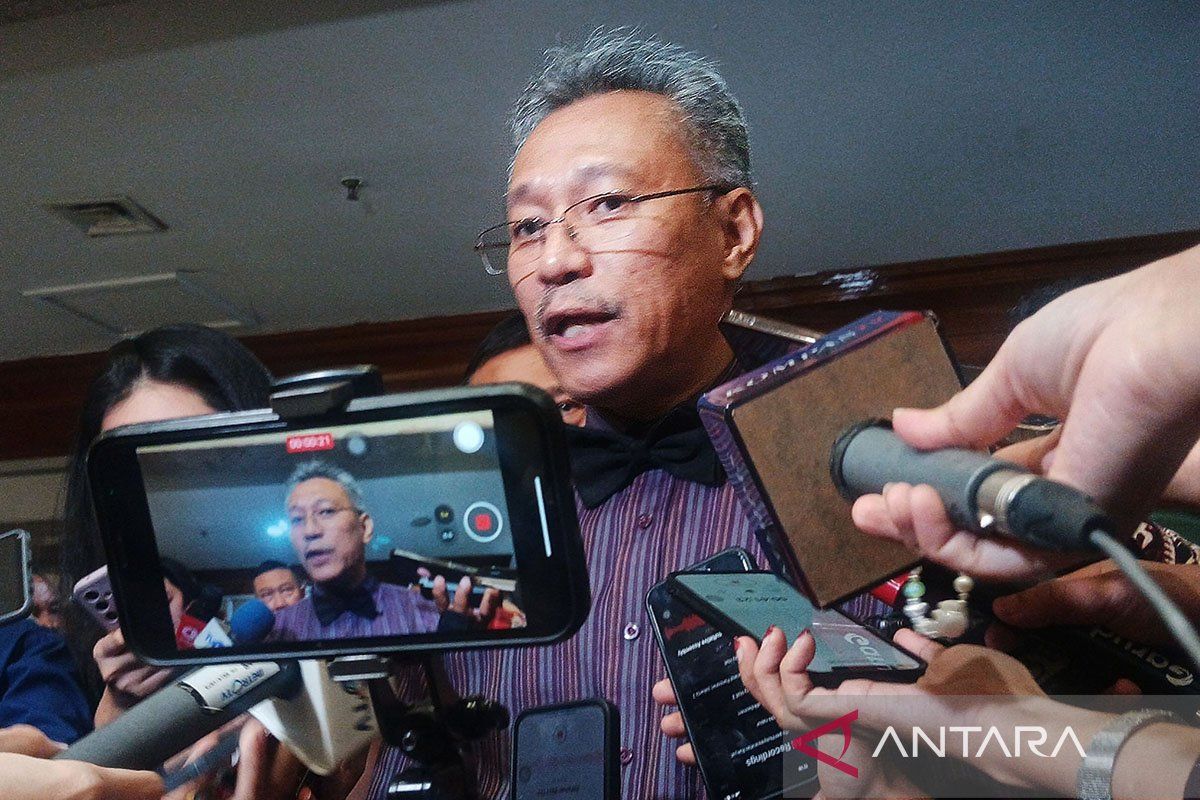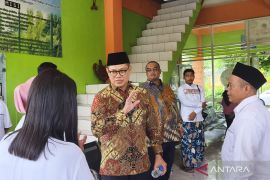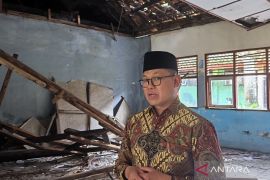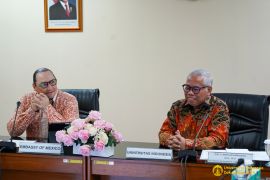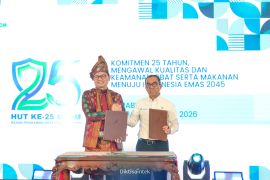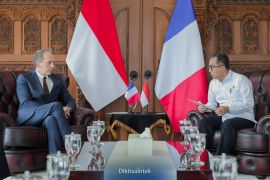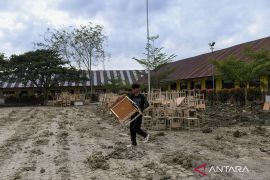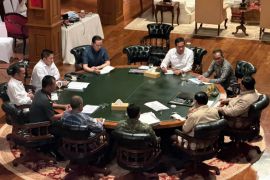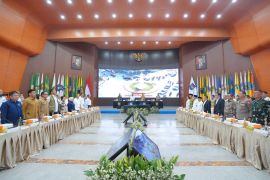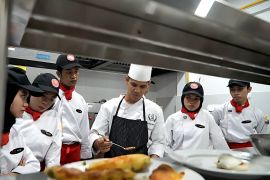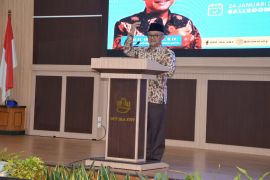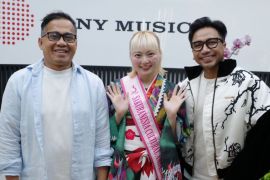The ministry's secretary general, Togar Simatupang, said here on Wednesday that the reciprocal tariff policy enacted by the US government could potentially affect the higher education, science, and technology sectors.
"This is related to research grants or scholarships for Indonesian citizens and some lecturers, but mitigation steps have already been carried out to ensure that ongoing (programs or projects) can be completed," he informed.
While cooperation activities that are currently underway or planned between universities in Indonesia and the US may get affected, he said that there are several new scholarship programs.
He emphasized that several risk mitigation measures have been implemented to reduce the impact of the US reciprocal tariff policy on the higher education sector.
"There is also collaboration between universities, with solutions including risk mitigation for upcoming challenges," he said.
US President Donald Trump announced the reciprocal tariffs on April 2, 2025, on several countries, including Indonesia.
The policy will be implemented gradually, starting with a general tariff of 10 percent on all countries, effective April 5. Thereafter, special tariffs will be imposed on certain countries, including Indonesia, from April 9.
Under the tariff policy, Indonesia faces a reciprocal tariff of 32 percent. Other ASEAN countries will also invite a similar tariff: the Philippines, 17 percent; Singapore, 10 percent; Malaysia, 24 percent; Cambodia, 49 percent; Thailand, 36 percent; and Vietnam, 46 percent.
Related news: Prabowo, Megawati discuss Trump's import tariff policy: Muzani
Related news: Prabowo seeks layoff task force to address US tariff implications
Translator: Sean, Kenzu
Editor: Rahmad Nasution
Copyright © ANTARA 2025
